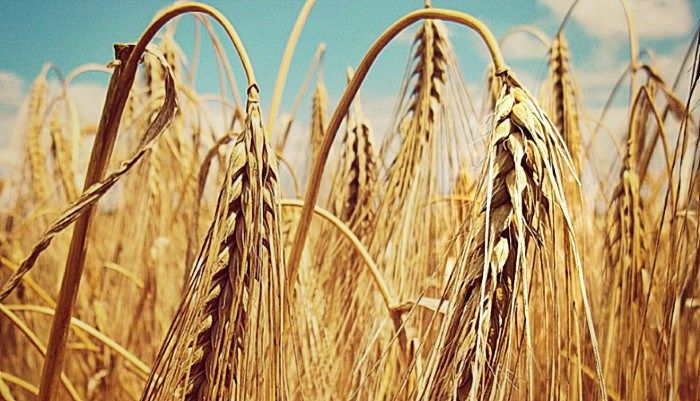Inflation fell for the seventh consecutive month in May, Danmarks Statistik confirmed this morning, and it’s another sunny day with plenty more to come – but it’s not all rosy in the kingdom of Denmark.
Farmers warn the ongoing drought, which will become three weeks long on Wednesday, will hit consumers hard in the pocket. On Saturday, the National Drought Index hit a maximum rating of 10.0 – making 2023 just the third year in two decades to experience such dryness.
It last rained in Denmark on May 24 and no precipitation is forecast for the next 10 days at least.
High prices to continue for certain food groups
Core inflation now stands at 5.0 percent – down from 6.1 percent in April – while the overall consumer price index is just 2.9 percent higher than it stood in May 2022. In April, it was 5.3 percent higher.
Core inflation does not include electricity and fuel prices, which have also both fallen a fair bit. The fall in the core inflation rate was helped by falling prices for new cars and furniture.
However, food prices are dipping at a slower rate. Danmarks Statistik signalled out milk, cheese, eggs, confectionery, jam and chocolate as items still selling at a far higher price than a year ago.
Sign are ominous in the fields
But out in the fields, farmers are worried their harvests will be badly hit by the ongoing drought, which will further increase food prices.
Nordsjællands Landboforening chair Lars Jonsson, a farmer himself, told DR his wheat is so short and scarce it’s possible to walk in between the stalks.
Klaus Kaiser, an economist at Seges, warns that cereal products (flour and oatmeal), vegetables (particularly potatoes) and berries will be most affected, along with milk and meat due to animal feed shortages.
“Although we may not end up in a decidedly short supply situation, the imported food will also be more expensive. So if the drought continues, consumer prices will rise,” he warned.














